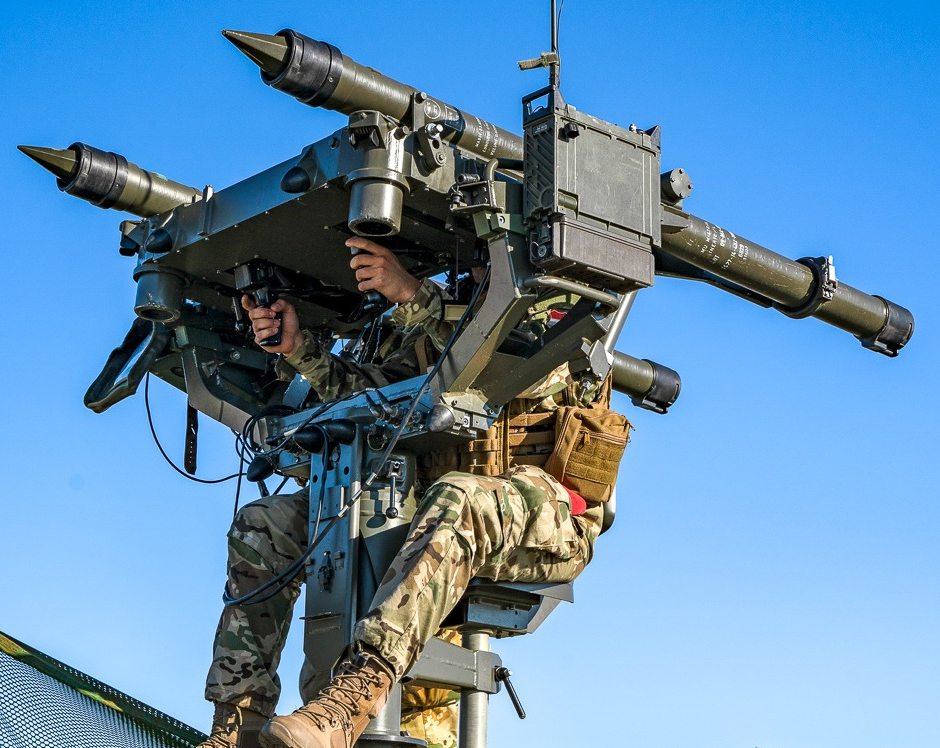
Cyprus is one of nine European Union member states which is set to acquire French Mistral surface-to-air missiles as part of the bloc’s first ever financial support package for common defence procurement.
The missiles will be acquired as part of the European defence industry reinforcement through common procurement instrument (Edirpa), which has allocated a total of €300 million worth of funding to five separate defence projects.
The common procurement of the Mistral missiles will cost the EU a maximum of €60m, with Cyprus’ defence ministry having signed up to the project in June, alongside its counterparts from Belgium, Denmark, Estonia, France, Hungary, Romania, Slovenia, and Spain.
The EU says the missiles can be used for “protection against air threats such as combat aircraft, attack helicopters and unmanned air systems”.
In addition to the Mistral missiles, the first round of Edirpa funding will also see a total of six EU member states acquiring Iris-T short- and medium-range missiles, four member states acquiring armoured vehicles, and two separate projects regarding the acquisition of ammunition.
“Bringing greater value for money through economies of scale, the common procurement will make critical defence capabilities more affordable for Member States’ armed forces,” the European Commission said, while adding that the commonality of the procured products will allow for “improved interoperability” between member states’ militaries.
It added that the acquisition of European products will strengthen European industry and allow said industry to adapt its production capacity to meet Europe’s defence needs.
The creation of Edirpa comes as the EU is set to appoint a defence commissioner for the first time in its history.
Former Lithuanian Prime Minister Andreas Kubilius was Commission President Ursula von der Leyen’s pick for the role, and he successfully passed through his hearing at the European Parliament’s foreign affairs committee last week.
There, he said he would present a white paper of the future of European defence within his first 100 days in office, saying its aim would be to “frame a new approach to defence and identify investment needs to deliver full-spectrum European defence capabilities.”
He also spoke of a need to “spend more, spend better, spend together, and spend European” on defence.
Cypriot President Nikos Christodoulides was one of the EU’s first heads of government to express his support for the creation of the role, saying the position’s creation will “further strengthen the European Union’s defence and security.”
He added, “we are one of those member states which believe that the EU’s security and defence should be strengthened even more. We want the Republic of Cyprus through the National Guard to participate in EU missions.”


